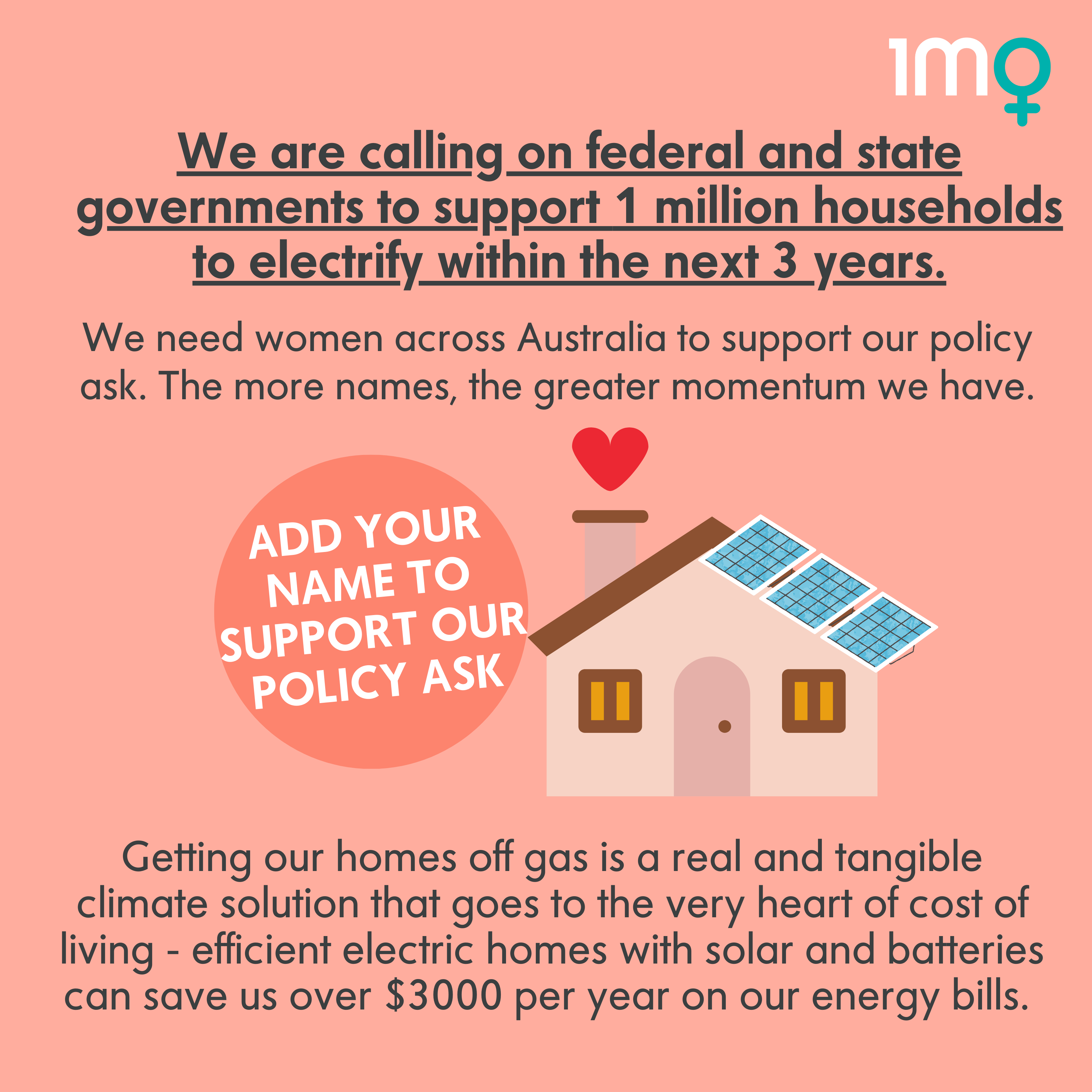The ocean is our greatest climate regulator. It must be a stronger part of climate policy and action
The ocean is one of the Earth’s greatest climate regulators. It absorbs almost a third of emitted carbon dioxide and more than 90% of excess heat. But the latest scientific report from the UN’s Intergovernmental Panel on Climate Change (IPCC) revealed the ocean may be nearing a tipping point.

